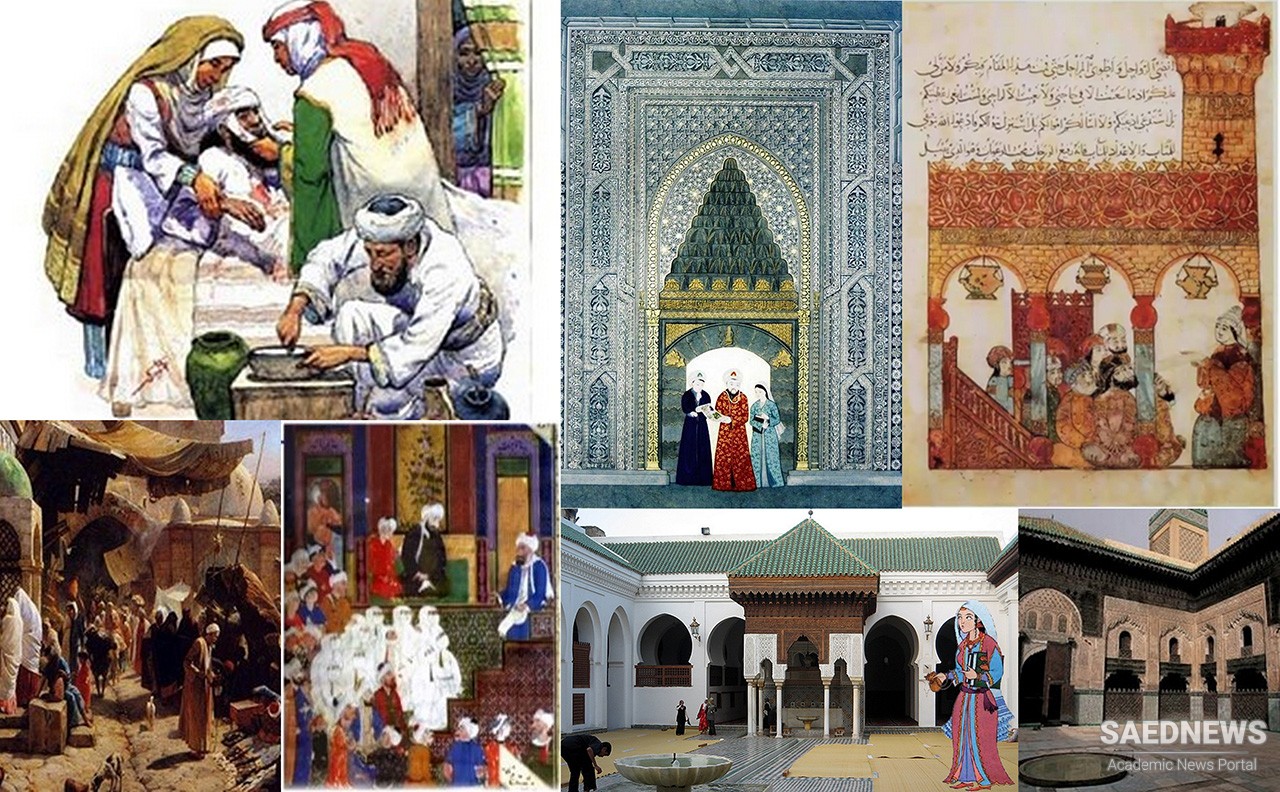Kirmani was born in Kerman. His father and other ancestors were renowned physicians. He finished his medical education in Kerman and worked as a physician there. His fame and fortune were so vast that Ulugh Beg, a Timurid king, requested his presence in Samarqand, and made him his special physician. During his stay in Samarqand, he wrote a number of books about medicine, some of which took so long that he finished them after he returned to Kerman. There, he taught medicine to students and wrote many books. He is an ancestor to the Naficy/Nafisi/Nafissi family.
In 1424, Kirmani dedicated to Ulugh Beg his commentary on the medical compendium of Najib al-Din al-Samarqandi, and in 1437 he again dedicated to Ulugh Beg his popular commentary on The Canon of Medicine of Avicenna.
Kirmani's commentary on Najib al-Din al-Samarqandi's treatise was so popular that commentaries were written on the commentary, and it was translated into Persian and amplified by Muqim Arzani in the 18th century.
He is the first to describe "Cardiopulmonary Resuscitation" (CPR), in ancient Persia, as a combination of "strong movements and massive chest expansion" (for induction and support of breathing), and "compression of left side of the chest" (equivalent of cardiac compression).
He died in 1449.


 Jamshid al-Kāshī Persian astronomer and mathematician
Jamshid al-Kāshī Persian astronomer and mathematician














































